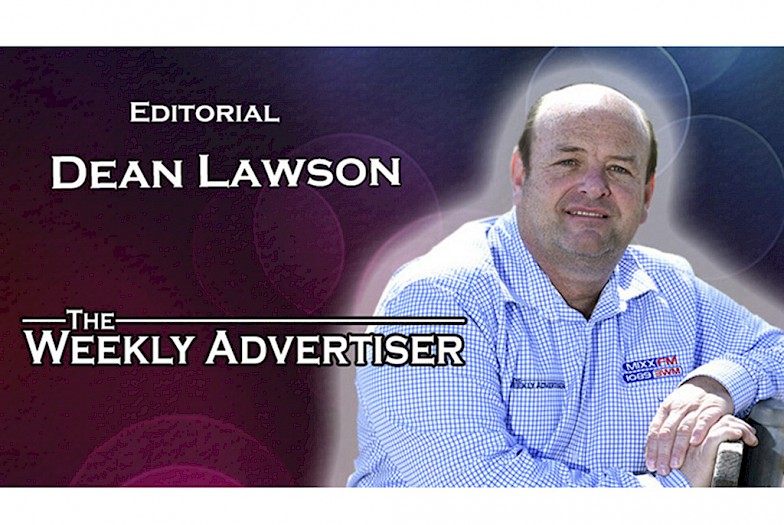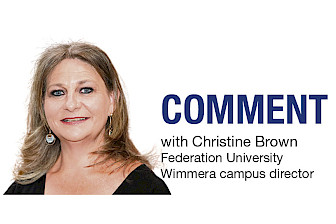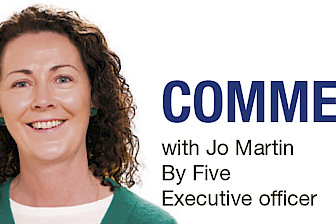And making it complicated is that we’re all vastly different from each other with varying coping mechanisms, perceptions and views.
Our response to tackling and meeting the challenges of mental illness needs to be just as profound as our frontline efforts in fighting the virus.
It might well be that addressing this potential life destroyer, if it doesn’t already, will represent the next front-and-centre battleground.
It is a fight of which many in regional communities are all too familiar and galvanises a need for appropriate and adequate services to move forward.
A community push for a mental-health crisis centre early last year, well before any hint of COVID-19, outlined in depth a desperate need for dedicated support services in the Wimmera.
Horsham Rotary clubs and advocacy group Healthy Minds Horsham launched the push to establish a crisis centre in Horsham.
The project involved filling ‘a serious health service gap’ in the region with dedicated and immediate support and intervention services to help people trying to cope with depressive and other mental illnesses.
A brief was for a crisis centre to be available to anyone and at any time and operate as part of, with or alongside, health and service agencies.
We weren’t sure how this would work, except that it needed a supporting structure to allow for a 24-hour, seven-days-a-week response.
The message was profound, backed strongly by statistics and case studies and even attracted the attention of a national not-for-profit health service keen to explore the idea.
Obviously, with all that has happened around the globe this year, it has since slipped off the radar.
But the reality is that we know from historical circumstances that these types of services and centres, not just in the Wimmera, will be critical in helping communities get back on their feet.
• People can visit www.beyondblue.org.au or www.lifeline.org.au for information and support about anxiety, depression and suicide. People in need of crisis support and suicide prevention services can call Lifeline’s 24-hour hotline on 13 11 14. If a life is in danger, people should call police on triple zero.
• Brodie Cramer shares his story.
The entire July 8, 2020 edition of The Weekly Advertiser is available online. READ IT HERE!






